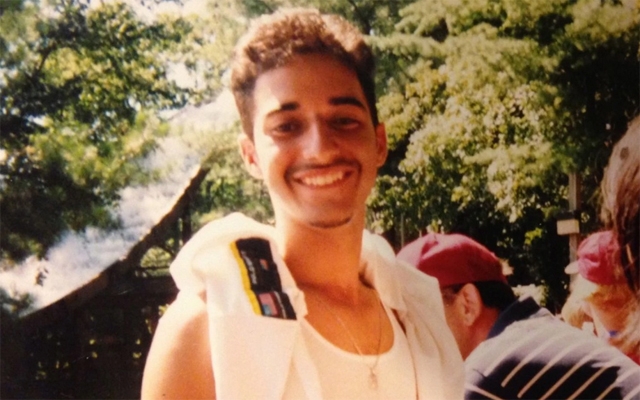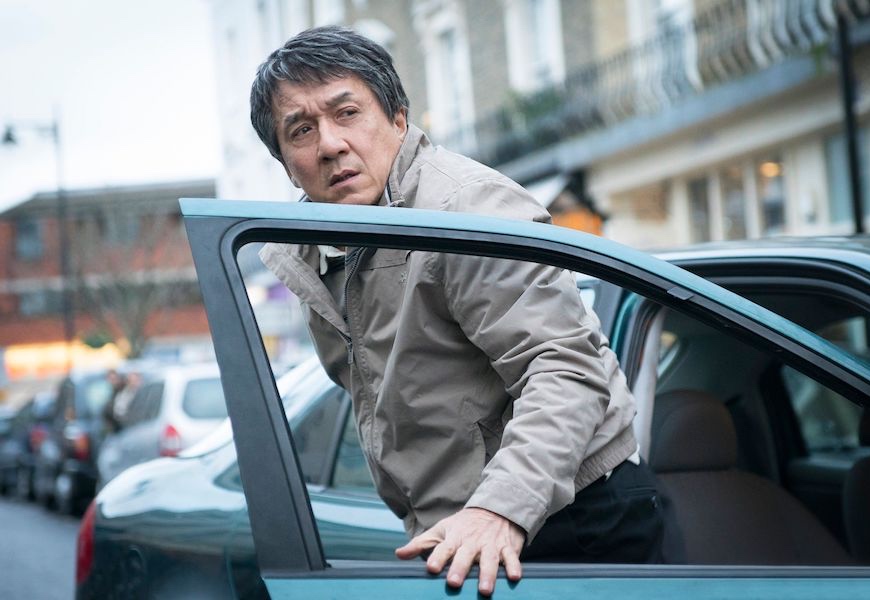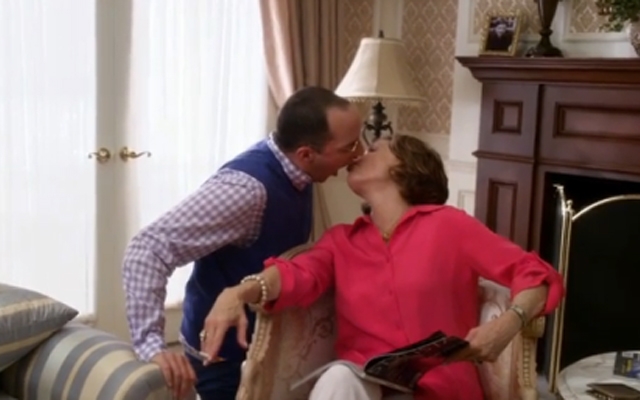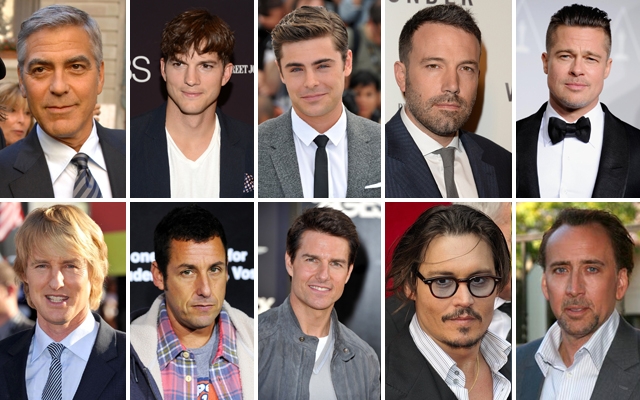When the first season of the extremely addictive podcast, Serial ended, there seemed to be little hope for Adnan Syed ever being exonerated for the crime he was convicted of — murdering his ex girlfriend, Hae Min Lee. Journalist, and podcast creator and narrator, Sarah Koenig had managed to get The Innocence Project Clinic at the University of Virginia to take an interest in Syed’s case, and the process for an appeal was underway, but there was no real resolution to coincide with the end of the season.
Serial wrapped up at the end of last year, and since then Syed’s request for an appeal on the grounds of ineffective defence counsel has been approved. The Court of Special Appeals is scheduled to hear arguments this June. So, what kinds of things are Syed’s lawyers going to focus on to get his conviction overturned? That’s exactly what the new podcast, ‘Undisclosed: The State Vs. Adnan Syed’ plans to discuss.
The podcast, which is not affiliated with Serial in any way, is funded by the Adnan Syed Trust, and narrated by a family friend, Rabia Chaudry. If you remember, she was the one who brought Adnan’s case to Sarah Koenig’s attention in the first place. Now, Rabia, and two other lawyers are revisiting all the tiny details of the case that Serial touched on, but might not have explored thoroughly.
The big things the prosecution relied on, like Jay’s testimony, the cell tower information, and the assumption that Syed killed Hae in a jealous rage are still important, but the inconsistencies are what will end up determining Adnan’s fate this time around. Why was Asia McClean’s alibi never used? What’s the deal with the Nisha call? And did Adnan’s lawyer really drop the ball with his defence?
One of the things that stands out the most from the first episode of ‘Undisclosed’ is the fact that memory is extremely unreliable, and often very impressionable. The cops talked to a lot of Adnan and Hae’s classmates and teachers trying to establish a timeline for the day of January 13th, but when examined closely, a lot of the information they collected doesn’t match up.
The term confabulation, which is a memory disturbance, defined as the production of fabricated, distorted or misinterpreted memories, comes up to explain how so many people could remember different events from the same day. The fact is, if someone asked you to recall exactly where you were, what you were doing, who you saw, and what you said on a specific date two months earlier, would you be confident in your answer? Would you really be able to say without a doubt what happened the day, or would you miss some stuff? Maybe even think something happened that day that actually happened another day?
The most confusing thing about Adnan’s case has always been the question of why Jay would lie about all this. He claimed Adnan showed him Hae’s body in the trunk of her car, and asked him to help bury it in the park. If Adnan didn’t kill her, than why in the world would Jay say he did? The prosecution made it seem like the cell tower information corroborated Jay’s story flawlessly, but as Serial determined, it wasn’t that simple.
The only real conclusion that anyone could come to by the end of Serial was that Adnan probably shouldn’t have been convicted based on the evidence that was presented (which included no physical evidence whatsoever). There was no way to explain what really happened, and there probably never will be.
Rabia Chaundry’s motive in producing ‘Undisclosed’ is to keep people talking about Adnan’s case, and help raise money to contribute to his appeal. She says herself that she isn’t exactly and unbiased commentator as she has always believed Adnan is innocent. But it has become clear that people’s memories of that day aren’t going to suddenly lead to a full, indisputable picture of what happened. Luckily for Adnan, he doesn’t have to prove without a doubt that he’s innocent, just that his original trial was flawed.
Adnan has been in prison for 15 years, and has always maintained his innocence. This appeal is his last hope of being exonerated, and it could very well be that he was convicted of a crime he didn’t commit because of a run of bad luck, and an even worse defence lawyer. At the very least, ‘Undisclosed’ will reveal all the facts that got edited out in favour of a good narrative in Serial. But will it make our view of what really happened clearer, or murkier than ever before?
You can listen to ‘Undisclosed: The State vs. Adnan Syed’ at undisclosed-podcast.com.












